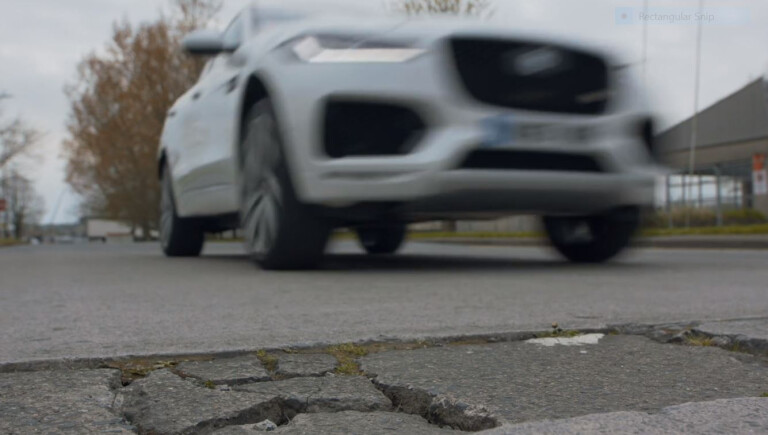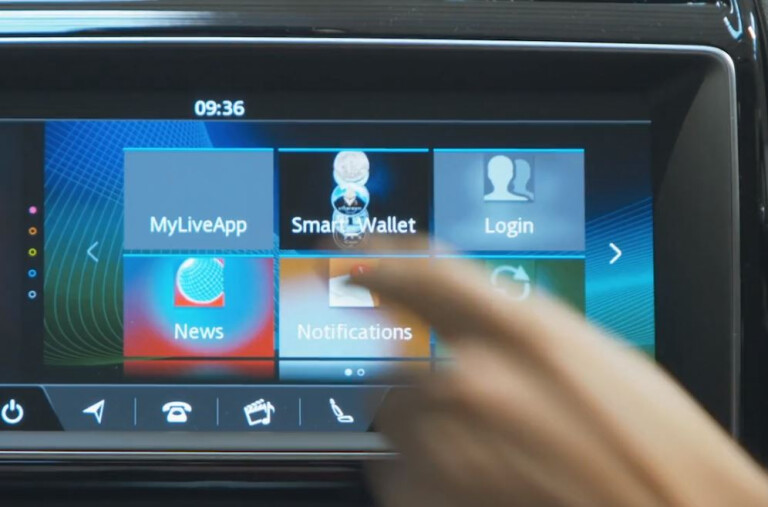
A new road conditions-reporting technology that will put money in your pocket as you drive is currently being trialed by Jaguar Land Rover. It’s known as ‘Smart Wallet’ and uses cryptocurrency technology to reward drivers who contribute live-time reports about traffic jams, potholes and other issues.
It's all part of the "Internet Of Things" concept. The ability to report things like roadside hazards is nothing new; Google-backed map app Waze, for example, has already incurred the wrath of police forces in the US for allowing drivers to report the locations of radar-detected speed traps and the like.
But the Smart Wallet system which is currently on trial out of Jaguar Land Rover’s engineering base in Ireland takes the notion a step further and aims to actively reward drivers who contribute to a mapping network, the end goal being a reduction in traffic volumes in key areas through the sharing of road information between cars.
The data shared by participating cars will also provide real-time intelligence on road conditions and help to achieve JLR’s Destination Zero strategy. The strategy, which is also applied to the company’s factories and other facilities, aims to reduce congestion, emissions and accidents to zero over time.

JLR says that the currency earned by reporting on-road hazards will be directed to the driver’s ‘virtual wallet’, which can then be used to pay for tolls or even for goods and services like coffee, all without transaction fees coming back to the driver. It could even be used to pay for the power used for vehicle charging.
“In the future, an autonomous car could drive itself to a charging station, recharge and pay, while its owner could choose to participate in the sharing economy - earning rewards from sharing useful data such as warning other cars of traffic jams,” said JLR software architect, Russell Vickers.
The system is currently installed on a number of test vehicles, including the Range Rover Velar and Jaguar F-Pace.
The Smart Wallet itself uses an emerging technology known as a ‘distributed ledger’, which essentially removes the need for a single database to reconcile transactions. Sound familiar? It's the same 'blockchain' principle that many cryptocurrencies like Bitcoin are built upon, except instead of sharing information about the amount of currency transferred, it's information about road and traffic conditions that's shared.
The car company has teamed up with the IOTA Foundation, which says that the distributed ledger system is designed to process fee-free micro-transactions in a secure environment, and which could eventually extend to a projected 75 billion devices by 2023.
COMMENTS